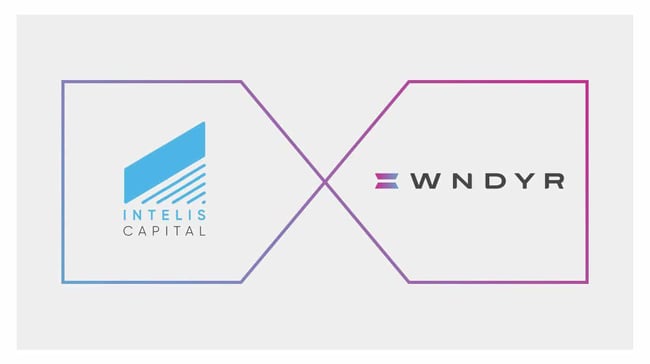The coffee cup stands half empty on the table. Now cold. The conversation overtakes the moment … Kevin’s hands are animatedly moving as he describes the acute pain that accompanies, and transcends, software implementation. Our brains fire as we talk about the possibility for organizations that lies buried in their disconnected software-as-a-service (SaaS) applications.
The Problem
The problem is real. The problem is also nebulous. Hard to deconstruct. Cause in this area is grey.
The number that most holistically quantifies this problem is that of yearly engagement surveys that show us that fewer than 20% of today’s workforce are engaged at work. Some surveys show figures as low as 12%.
Disengagement at work has devastating impacts on organizations’ abilities to motivate and retain talent to achieve business objectives. Active disengagement leads to an increase in mental health disturbances, which ripple into family health and ultimately this problem becomes a systemic societal issue.
It can no longer be ignored.
Engagement is, however,the surface-level manifestation, or the lone metric, of a much deeper problem: work is broken. More specifically office work, the traditional 8-5 is broken. Here’s why:
The average knowledge worker, on any given working day:
- multi-tasks across 18-30 applications and this number is increasing
- wastes 20 minutes of concentration rerouting the brain, every time a notification on a mobile device, or desktop, draws their attention away from a current task
- spends 3+ hours a day inside an inbox aimlessly clearing out the barrage of communication
- handles in excess of 150 emails per day
- handles in excess of 450 instant messages per day
- clicks into social media platforms at least 20 times with no conscious reason to do so, but simply because their brains are hard-wired from habit to do so
- spends on average 45 minutes aimlessly scrolling through social streams with no purpose
- experiences on average 3 – 5 calendar conflicts daily
- clears less than 2 meaningful tasks off of their daily to-do list
- spends on average 90 minutes per day looking for missing information due to non-organised, non-structured, documentation storage
- wakes up more than twice weekly, thinking of work
- spends more than 2 hours daily commuting to and from work
- states that they are unable to manage all they need to do on any given day
In short, if you do the maths: people are doing less than 2 hours of truly impactful, meaningful work per day, but they are logging, on average, in excess of 12 hour days.
Product Onboarding and SaaS
So what does disengagement and broken work have to do with product onboarding and software implementation? And then what do disengagement, product onboarding and AI have to do with the future of work?
WNDYR knows and we also don’t know, which is why we’re studying the data. We have a few very strong hunches, which are proving more and more correct, as we accumulate more facts about the problem. Our primary hypothesis is that we need to understand the individual footprint of a knowledge worker inside all the systems they traverse every day.
The Solution
We have broken the problem down into 3 areas which make up work. We have further broken these 3 primary areas down into 5 measurable constructs that make up work. We are developing an algorithm, that computes a score, which allows organizations to understand where and how people are really working.
It’s a fundamental problem that needs solving in a multi-dimensional way. We are starting to build this puzzle, while it changes every day.
Our Investor
Intelis have chosen to invest into our journey.

Intelis are focused on business’ disrupting fundamental problems.
We have chosen to partner with Intelis because:
- They asked “why” when it mattered and they continue to ask “why” often
- Every encounter with them has been remarkably different to any other encounter we’ve had in the investment community spanning Africa, Europe and the USA
- They’ve proven themselves to be active partners in shaping our trajectory collaboratively
- They’ve crystalised our doing
- They’ve expanded our thinking
Like Benz, at the turn of the 20th century, we’re building an engine, knowing that the future is made up of autonomous, electric vehicles. We’re meeting the present need of the knowledge worker, knowing that the future of work is about an entirely different set of jobs, that require an entirely different set of skills.
Here’s to the next era of work…